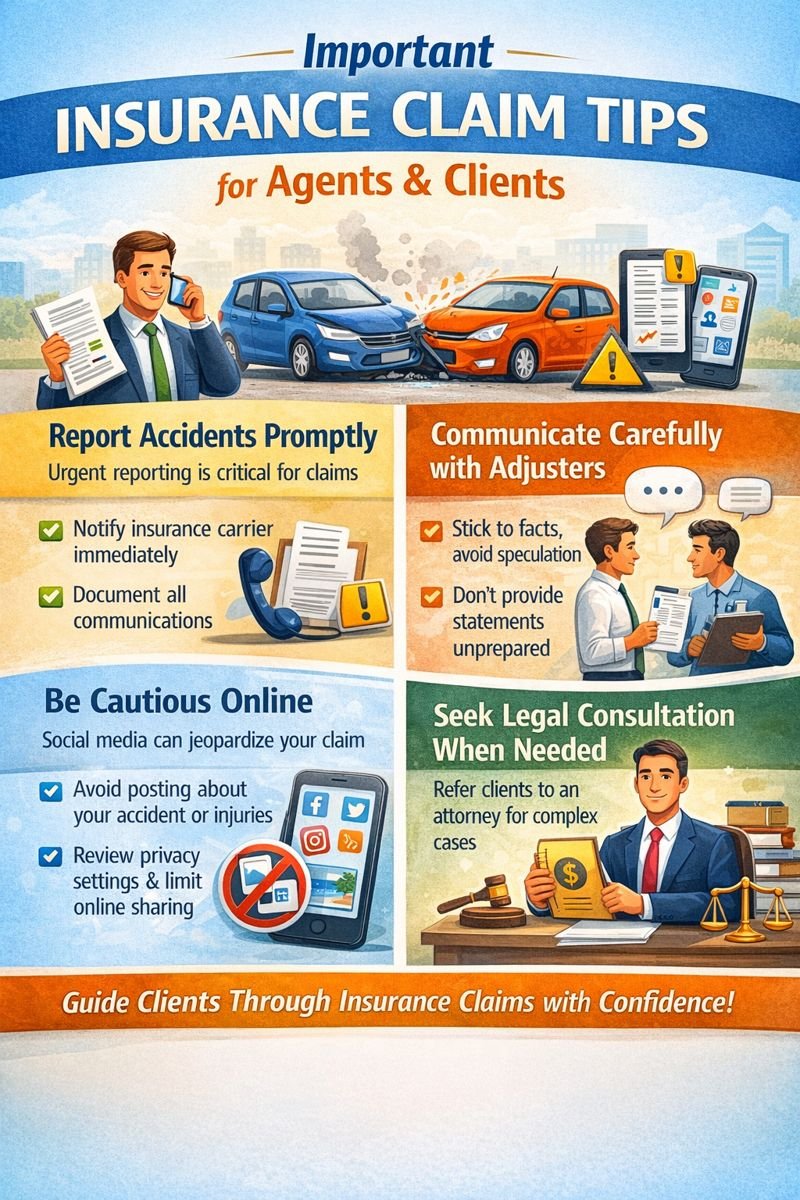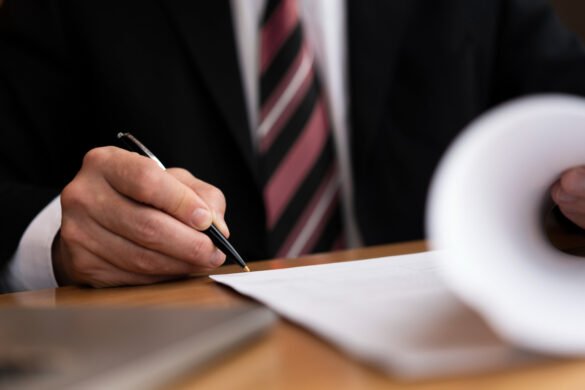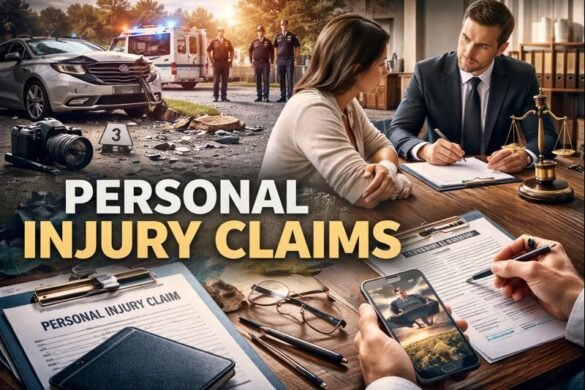Understanding the Importance of Prompt Claim Reporting
Timely reporting of accidents is a cornerstone for successful insurance claims. Insurance agents should proactively explain to clients that waiting too long to notify their insurers about an accident can lead to unnecessary complications or outright denial of coverage. Insurance policies typically outline strict time frames for reporting. Failing to act quickly not only jeopardizes the claim but might also limit the financial support clients can receive. For clients facing more severe outcomes, such as the loss of a loved one, connecting with a wrongful death attorney early on can provide crucial legal support as well.
Agents should encourage clients not only to contact their insurance carrier immediately after an incident but also to retain copies of any communications. Documenting everything from the initial report to follow-up conversations fosters transparency and preparedness throughout the claims process.
Educating Clients on Effective Communication with Adjusters
Misunderstandings with insurance adjusters can significantly influence the outcome of a claim. Agents must remind clients that what they say matters. Simple phrases, particularly those minimizing their injuries or situation, may be interpreted in ways that can reduce claim settlements. Clients should stick to the facts and avoid offering opinions, speculations, or admissions of fault during any conversations with adjusters.
Agents can provide examples and practice scenarios with clients to help them recognize which statements are best avoided. By promoting fact-based communication, agents empower clients to protect their interests and maintain integrity in the claims process.
Advising Against Providing Recorded Statements Without Preparation
Many adjusters request or insist on recorded statements early in the process. Clients should know that these statements become part of the permanent record and may be scrutinized for inconsistencies or inadvertent admissions. Agents should never encourage clients to provide a recorded statement without first consulting a legal professional. This preparation allows clients to understand their rights, anticipate potential pitfalls, and feel more confident in their responses.
According to Golden State Lawyers, being deliberate about documentation and communication when dealing with insurance companies is essential for a positive outcome. Taking time to consult with your insurance agent and, when needed, a legal advisor, can prevent costly missteps.
Highlighting the Risks of Social Media Activity Post-Accident
The prevalence of social media monitoring by insurance companies means claimants must exercise extra caution online. Agents should educate clients about the risks of posting details or images related to their accident or injuries, as these can be misconstrued and used as evidence to dispute their claim. Even unrelated content, such as posts about physical activity or travel, may be used to challenge the validity of claims of physical or emotional hardship.
Encouraging clients to set privacy settings to the highest level, avoid discussing the claim, and pause posting altogether during the active claim period is the safest approach. Agents should provide practical tips on monitoring their own digital footprint throughout the process.

Clarifying the Role of Insurance Agents in the Claims Process
Clients need to understand that insurance agents are there to guide, not manage, their claims. While agents can explain procedures, clarify policy details, and provide resources, the client must take ownership of reporting the accident and submitting necessary documents on time. Empowering clients to take these steps ensures fewer delays and avoids misunderstandings about agent responsibilities.
Emphasizing the Importance of Accurate and Complete Information
Thoroughness and honesty are critical when submitting claims. Agents should instruct clients to disclose every relevant detail about the accident, their injuries, and related expenses. Withholding information or providing false statements can result in claim denial, policy cancellation, or even legal penalties. Comprehensive and accurate reporting demonstrates good faith and strengthens the client’s case during evaluation.
Federal resources like Consumer Advice reinforce the importance of accuracy in official reporting processes, reminding consumers to review and correct information regularly for the best outcomes.
Encouraging Clients to Seek Legal Advice When Necessary
Accident claims can quickly become complicated, especially if liability is contested or injuries are severe. When significant disputes arise or when clients face uncertainty, agents should recommend seeking advice from a qualified legal professional. Consulting with a personal injury or wrongful death attorney can clarify rights, address insurance company tactics, and ensure every step is managed with the client’s long-term interests in mind.
Providing Resources for Further Information
To help clients understand and navigate accident claims, insurance agents should suggest reputable resources for further education. These resources are valuable for clients seeking to avoid frequent pitfalls and maximize their chances of a fair claim settlement.
By incorporating these best practices, insurance agents play a crucial role in ensuring their clients are knowledgeable, protected, and better equipped to manage the complexities of accident claims.



